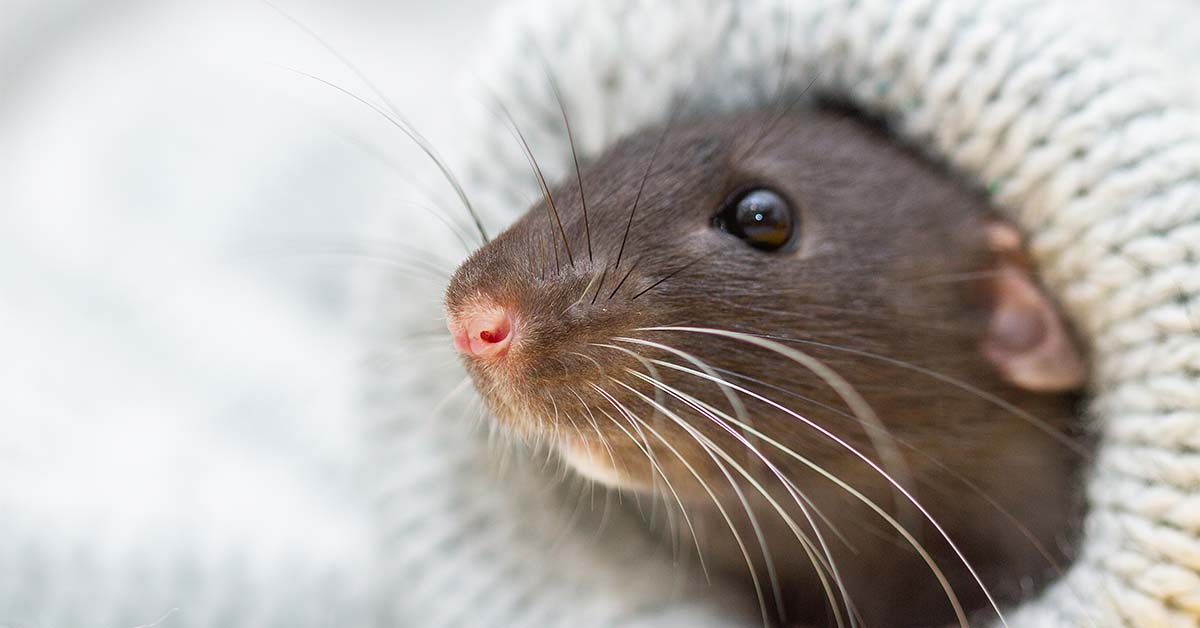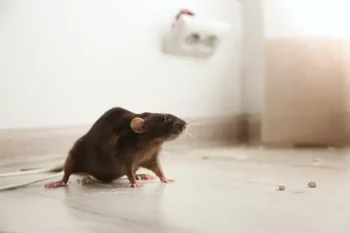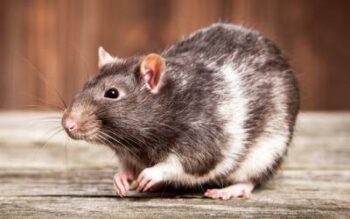
 Rodents have lived among or in close proximity to people for thousands of years. After all, they can find food more easily from our scraps and storage than they could in the wild. But unlike animals kept as pets for millennia like dogs (who provided companionship, protection, and help hunting) or cats (who helped contain pests like mice and rats), rodents have only been kept as pets in the last few of centuries.
Rodents have lived among or in close proximity to people for thousands of years. After all, they can find food more easily from our scraps and storage than they could in the wild. But unlike animals kept as pets for millennia like dogs (who provided companionship, protection, and help hunting) or cats (who helped contain pests like mice and rats), rodents have only been kept as pets in the last few of centuries.
A Brief History of Rats
Both brown rats and black rats originated in Asia. They moved west with travelers and traders… though black rats began migrating west roughly a thousand years before brown rats. In Europe, rats developed a very bad reputation for spreading bubonic plague though technically it was spread by fleas on the rats – not the rats themselves.
By the Victorian era, the rat population in Europe was causing serious issues… especially in England. Ratcatchers were busier than ever, and some decided to make additional money through a blood sport called rat baiting that attracted gamblers. By 1840 (its most popular year), more than 40 rat-baiting pits were patronized in London. Rat baiting was eventually outlawed but existed for 70 years prior to that.
Around this time a ratcatcher named Jack Black, who was even ratcatcher for Queen Victoria, began keeping rats and training some – which was the start of rat domestication. Black divided these rats into two groups. Some he taught to run up and down his arms while talking about the effectiveness of his rat catching services. He also often used this group of rats to demonstrate the swift results generated by the blend of rat poison he used.
The other group of rats he kept and tamed were “pretty” rats with attractive or unusual coloring. He dressed up these rats with ribbons and sold them to women as pets they could carry around. From there, the trend spread to other parts of Europe and by 1901 Mary Douglas organized a pet rat show in England at the National Mouse Club. Interest waned after Douglas’ death. It revived when the National Fancy Rat Society was created in the 1970s in England.
What Is the Difference Between a Fancy Rat and a Rat?
A “fancy rat” is just another way of referring to domesticated rats. Wild rats and domesticated rats are quite different.
Wild rats tend not to be social except for mating. In nature, the most aggressive and strongest rat tends to survive. They usually bite and fight if they’re cornered or feel threatened. Technically rats of any kind can do that if threatened, but wild rats are especially prone to an aggressive response.
Fancy or domesticated rats are more docile because that trait was encouraged through breeding. They also tend to be very clean. They also have a wider range of color options than rats in the wild because early rat domestication began with selecting for looks.
Are Rats Aggressive?
Any animal can be aggressive when threatened. That said, wild rats tend to be more aggressive than domesticated or “fancy” rats. Regardless of the type, general aggression in rats is related to high stress levels.
How Long Do Rats Live?
On average rats live about two years. It can be longer (especially for domesticated rats) but, even then, a three-year-old rat is a very old rat. Wild rats tend to have shorter lives… 1.8 years on average.
How Long Have People Kept Rodents as Pets?
Mice have been observed by humans as far back as the start of civilization. However, actually keeping mice as pets was documented as recently as the 1700s. Mice were domesticated in China and Japan, and Europeans then imported these “fancy mice” and began to breed them with local mice. “Fancy mice” became so popular during the Victorian era that England had a National Mouse Club in 1895.
Keeping rats as pets is a more recent trend, relatively speaking. It began in the Victoria era, roughly around the time that the “fancy mice” pet craze in England reached its height.
Call the Rodent Experts at Arrow
If you have a rat or rodent problem, call the professionals at Arrow Exterminating. Odds are if you see one rodent, more are hiding. The sooner you contact us then the sooner we can help you live in a critter-free environment. To get started, contact Arrow Exterminating today.





